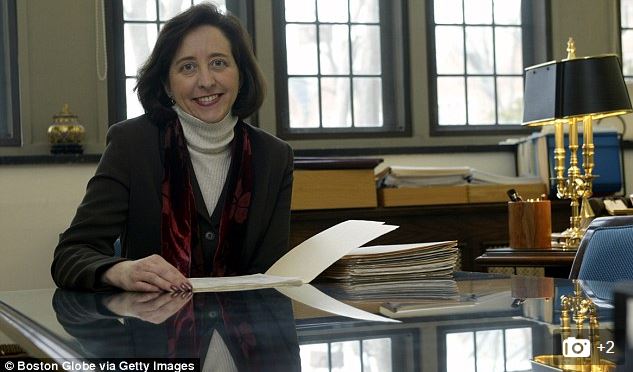
Record numbers of British students are turning their backs on UK universities to study in America.
New figures show the biggest annual increase in a decade of British teenagers taking up places at US colleges.
More than 11,500 went in 2015-16, an 8 per cent rise in one year, says a report from the Institute for International Education. Numbers have been rising steadily from only 8,861 in 2009-10.
Tuition fees in the UK are £9,000 a year and will be allowed to rise with inflation. But critics say many universities are not providing a good enough education for the price. Studies show that some qualifications do not lead to any rise in earnings.
Private-school parents are also concerned that UK universities now prioritise poorer pupils with worse grades to meet social mobility and diversity targets.
Half of Britons studying in the US went to private schools, against 7 per cent of the population.
Fees for Ivy League universities are famously expensive, but other US colleges charge an average £15,000 a year for international students and bright applicants have many opportunities for cost-saving scholarships.
American universities also provide more hours of teaching, and students are required to study a broader range of subjects,
Dean Janet Lavin Rapelye, head of admissions at Princeton in New Jersey, is one of a growing band of recruiters touring UK schools as sixth-formers apply for places in 2017.
On a visit to the private North London Collegiate School, she said that leading American colleges give students ‘real access’ to professors, including emails and invitations to dinner.
‘Students at Princeton see their faculty members not only in class but in office hours several times a week. They email all the time. It would not be at all unusual for a faculty member to invite their class to his or her home for a meal,’ she said.
UK undergraduates often complain they have too few lectures and little contact with their professors A study of more than 20,000 students by the Higher Education Academy found that only 36 per cent had ever discussed their performance with tutors and three-quarters had never discussed ideas with staff outside class.
Sabrina Mohamed, a North London Collegiate pupil with a place at Stanford University in California this year, said that the US liberal arts degree, where undergraduates do not specialise until the end of the second year, suited her better.
In the US, applications are normally made directly to each university rather than a central body and each is likely to require strong essays, referees, admissions tests and sometimes an interview.
The Fulbright Commission and the Sutton Trust both specialise in helping UK youngsters to study in the US.
END

Be the first to comment